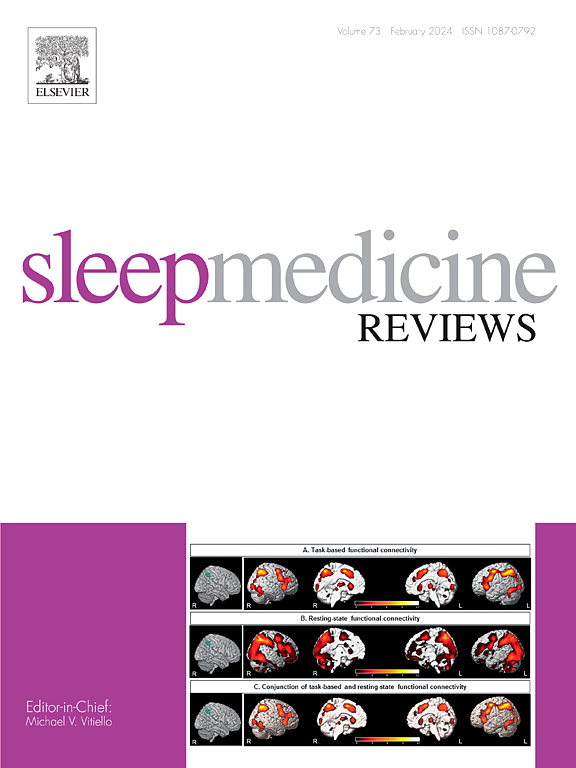Prevalence of depression or depressive state in patients with restless legs syndrome: A systematic review and meta-analysis
Abstract
Restless legs syndrome (RLS) is a common sleep-related disorder characterized by limb discomfort and the urge to move them when at rest, especially in the evening or at night. Although depression is often linked to various conditions, no systematic review has assessed depression prevalence in patients with RLS after the latest diagnostic criteria revision. This systematic review and meta-analysis aimed to investigate the depression and depressive state prevalence among patients with RLS. We systematically searched databases up to November 2022 and performed meta-analyses of the depression prevalence using a random-effects model and a meta-regression analysis to explore the relationship between the prevalence and severity of depression and factors such as age and RLS severity. Following the Preferred Reporting Items for Systematic Reviews and Meta-Analyses guidelines, we analyzed 24 studies with 2039 patients. The pooled depression or depressive state prevalence, mostly defined by questionnaire scores, was 30.39 %. Nine studies reported the proportion of patients taking antidepressants (pooled rate: 3.41 %). No specific factors related to the prevalence or severity of depression were identified in patients with RLS. These findings highlight the significant prevalence of depression and underscore the need for future research with standardized diagnostic interviews and consistent methodologies across multi-site studies.

 求助内容:
求助内容: 应助结果提醒方式:
应助结果提醒方式:


